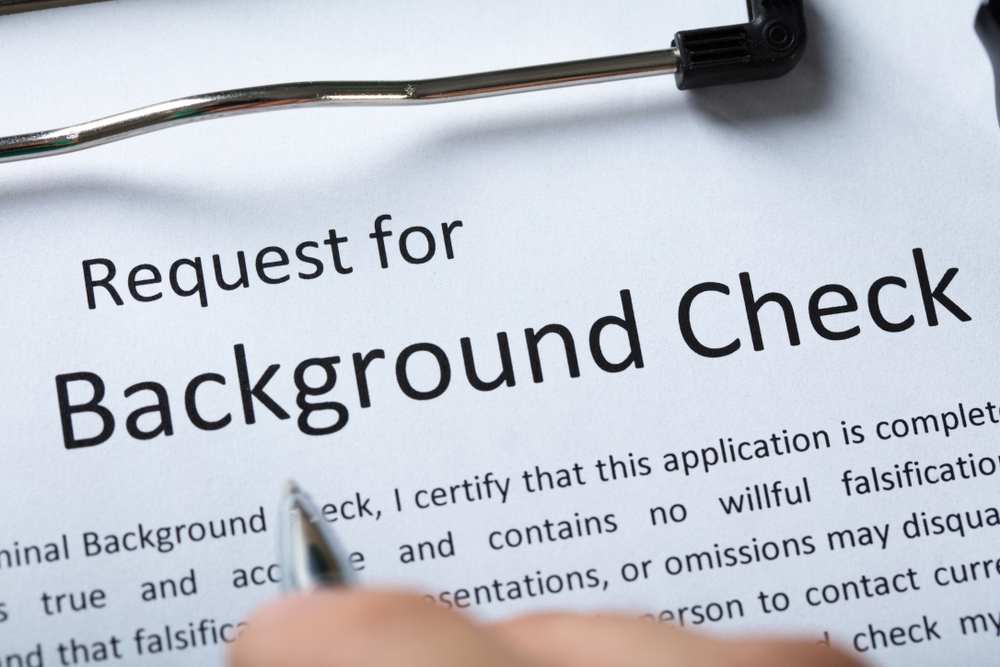Ban the box laws and Second Chance programs that help ex-offenders in the United States are spreading fast across the country. The National Employment Law Project (NELP) estimates that approximately 70 million people in America—or nearly one in three U.S. adults—have some type of criminal record that may hinder employment opportunities.

The ban the box movement advances employment opportunities for people with criminal records by eliminating the criminal history question on job applications so a former offender is not chilled or deterred from applying in the first place. Without ban the box, a criminal record could serve as an “early knockout” punch before an employer even considers the knowledge, skills, and abilities of the ex-offender.
Ban the Box Laws Across the U.S.
As of June 2020, 35 U.S. states and more than 150 cities and counties have passed some form of ban the box laws, according to the NELP. In some states, these laws have morphed into much more complex Fair Chance Hiring laws that impact more than just the application process and may dictate, for example, how an employer can use the criminal record.
These laws are in response to the Second Chance movement, which recognizes that employment is the best means to combat recidivism and to give ex-offenders a fair chance in obtaining employment. It can get even more complex because an employer may be subject to various state and local laws with different rules.
The U.S. government also joined the ban the box movement. In December 2019, the National Defense Authorization Act (NDAA) for Fiscal Year 2020 was signed into law and included The Fair Chance Act, which will prohibit the federal government and federal contractors from asking about the criminal history of job applicants early on in the hiring process.
In January 2019, the Society for Human Resource Management (SHRM), the world’s largest HR professional society representing 300,000 members in more than 165 countries, announced the launch of the SHRM Getting Talent Back to Work national initiative, which champions the hiring of ex-offenders with criminal records, an untapped talent pool that has traditionally been shut out of the labor market.
In addition, employers need to be familiar with the U.S. Equal Employment Opportunity Commission (EEOC) Guidance on the use of criminal records, which was published in 2012. A key element of the Guidance is the need to conduct a targeted screen of any criminal record to ensure there is a valid reason to utilize the record.
It is critical for employers to also afford an applicant who may be rejected due to a criminal record an opportunity for an “individualized assessment,” whereby the applicant is able to share information about the offense or himself or herself. This is in addition to the Fair Credit Reporting Act (FCRA) pre- and post-adverse action requirements if the matter is discovered by a background check.
What About Felony Convictions
To learn more about background screening, join Lester Rosen for the live webinar, “Background Checks: Required Disclosures, Notices Prior to Adverse Action, and More,” on June 25, 2020. Attendees will get a clear rundown on the latest legal decisions as well as best practices when providing disclosures of background checks before adverse employment action due to background checks. As a preview to this event, Rosen has provided a commonly asked question and answer to the background screening process.
I hire for positions for which our employees go into people’s homes. As part of our due diligence and to protect people, we have a policy of not hiring anyone with a felony conviction. Is that a problem?
A: Any blanket prohibition based upon on a criminal record is problematic. Even though an employer may be concerned that sending a person with a felony into someone’s house could be risky, a broad policy of automatic exclusion without knowing more details could be discriminatory by eliminating people with little or no risk.
Under the EEOC Guidance on the use of criminal records, not to mention “Fair Chance” hiring laws in some states, employers should follow a process to determine if the past record is both accurate and relevant. Otherwise, qualified individuals may be denied a second chance and be unable to obtain employment, which contributes to recidivism.
Employers should apply a “targeted screen” to the applicant, taking into account the nature and gravity of the offense, the nature of the job, and the age of the offense, seeing as older offenses may be less relevant.
If an employer determines the risk is too high, the applicant should still be given an opportunity for an “individualized assessment,” whereby he or she can make his or her case by sharing information about the offense or himself or herself.
Attorney Lester Rosen is the Founder and CEO of Employment Screening Resources® (ESR), a global background screening firm headquartered in the San Francisco area. More information about ban the box and employment for ex-offenders can be found at www.ESRcheck.com.
Join Lester Rosen for the live webinar, “Background Checks: Required Disclosures, Notices Prior to Adverse Action, and More,” on June 25, 2020. Attendees will get a clear rundown on the latest legal decisions as well as best practices when providing disclosures of background checks before adverse employment action due to background checks.
